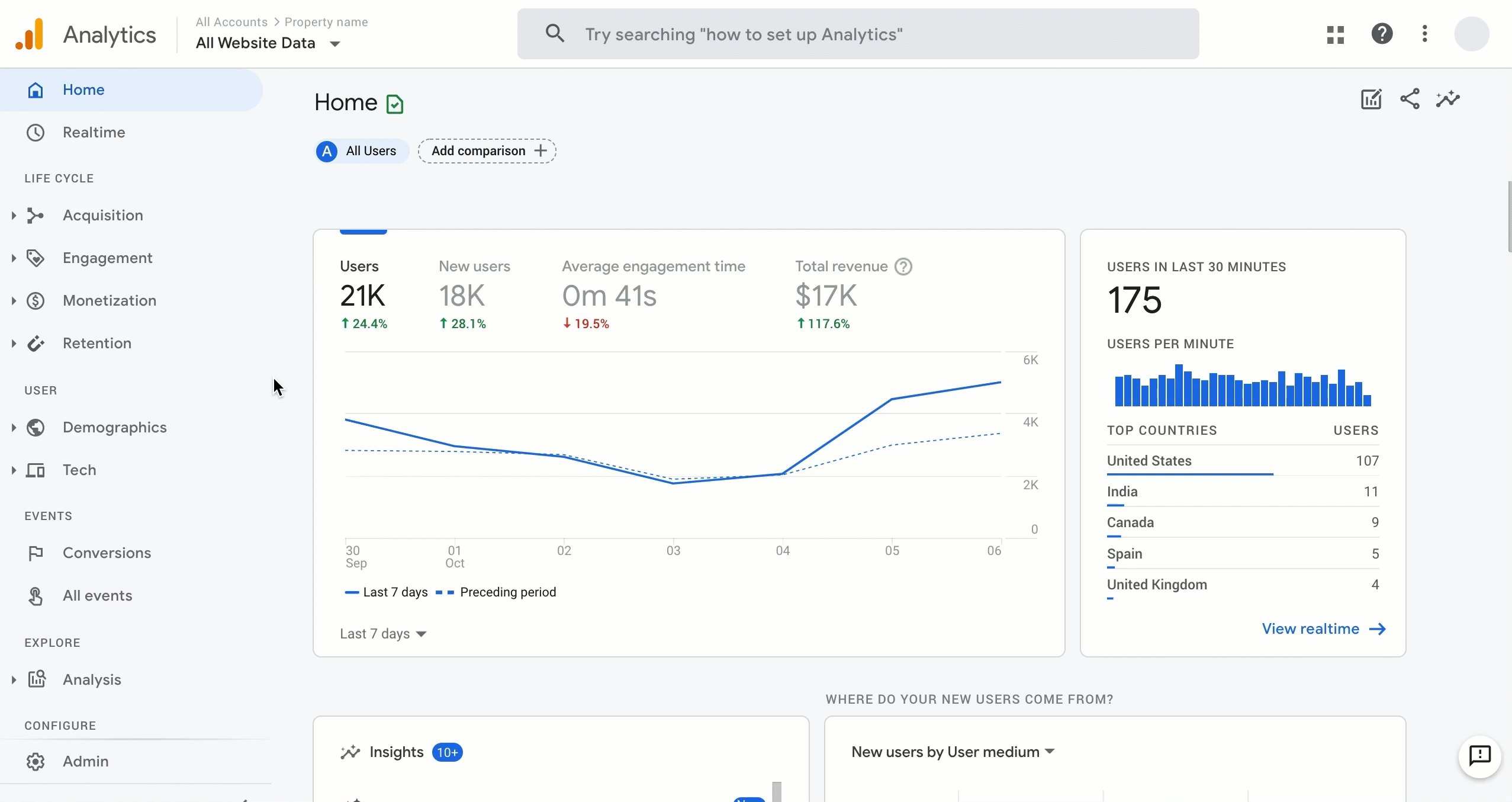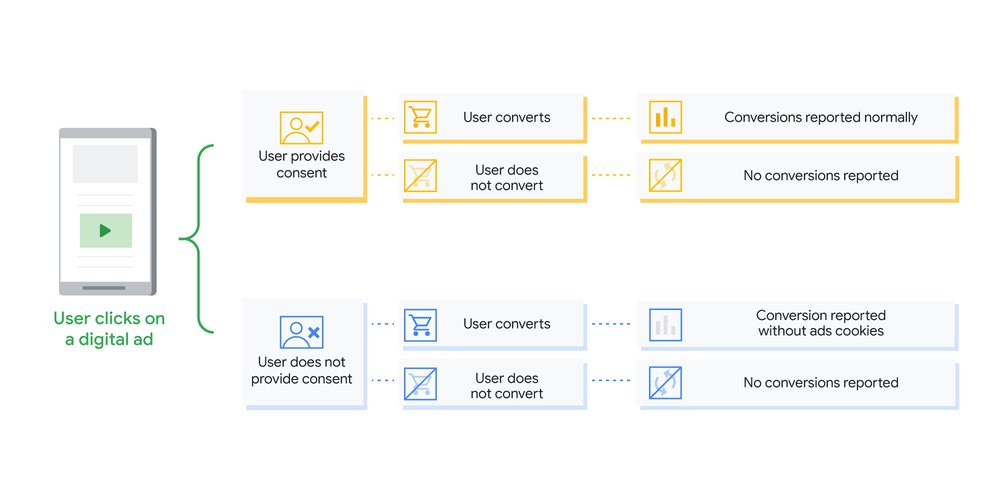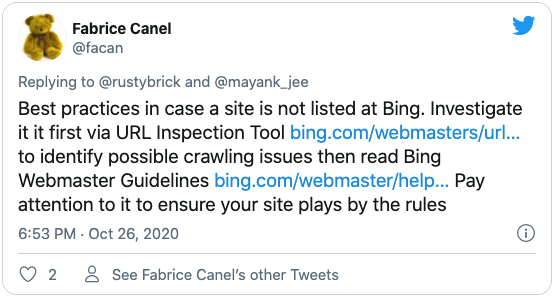The October 2020 Search & Digital Marketing News Round Up
Google has unveiled a completely new version of Google Analytics, which it first introduced with a beta version last year. The tech giant has left no feature or methodology untouched, giving marketers even great insights into user behaviours on their site.
“…With major shifts in consumer behavior and privacy-driven changes to longtime industry standards, current approaches to analytics aren’t keeping pace.”
Included in the newest version of the analytics platform we can expect to see new ways of gathering data (Streams), easier integration between Analytics and Google Tag Manager, automatic tracking of features such as Scroll Depth and Clicks and the bringing together of Data Studio elements into existing analysis tools. As with all of Google’s current updates, Machine Learning & AI are at the heart of the new Google Analytics – meaning that we might be able to expect even more exciting features in the future!

On top of this, we have also seen some exciting announcements for PPC marketers this month around Google Ads – including updates to activate real-time alerts, and improvements to streamline the creative process – meaning faster creation of campaigns and ad-copy. Google Shopping also got some nifty new features including price tracking & price comparison tools.
Elsewhere in the paid landscape, Google announced a range of new and improved ways to reach audiences with changes to its Programmatic Guaranteed systems on Display & Video 360. Highlights include integration with Google Audiences, more efficient reach for your budget & expanded access to premium inventory across the platform. All of this means that you can more accurately reach the audience most likely to respond to your ads, increasing your ROAS.
Tracking without the cookies?
As part of Google’s long term objectives for its advertising platforms we’ve also been introduced to the new “Consent Mode”. Simply put, Google has thrown down the gauntlet to data-protection authorities in Europe by introducing two new tag setting for advertisers – allowing automatic customisation of advertising consent based on an individual user’s preferences without the use of cookies!

What does all of this mean? Well, Google’s aim here is clear; to help advertisers effectively measure conversions, while respecting consent choices for ad and analytics cookies.
Ultimately, cookie-less conversion tracking is now theoretically possible with Google Analytics, changing the post-GDPR tracking landscape once again.
More Links than Hyrule
In other news, we learned during October that Google has a “stupidly high” limit on the number of links it can read on your page according to work undertaken by Techmeme. This is a departure from the 2014 party-line, when Google claimed there was no limit at all to the number of links it could handle on a specific page. As if anticipating the question from SEO’s, Google quickly followed this up by saying there is no optimal number of links you should have on your page.
Google’s John Mueller has suggested that just a handful of slow-loading pages on an otherwise speedy website can impact how Google bots interpret your website. Clearly, this sounds worrying – but Google’s reasoning is pretty logical; if Google is unable to accurately measure the speed of your pages, it’ll place greater emphasis on the signals it can measure. In other words, if Google is unable to measure your fastest loading pages, but it HAS measured a slow loading page with a similar URL structure, it’ll assume that the unmeasured URL is slow too, until a second crawl proves otherwise.
A new player has entered the game?
If the rumours are to be believed, Apple might be preparing to launch it’s own rival to Google Search on iOS systems. This would be a massive shake up to online search engines, and could be the first real challenge to Google’s dominance of the space. Those who remember the Apple Maps debacle of 2012 may not be getting too excited just yet though…
Across at Microsoft, there were reports that Bing had suffered from some indexing issues throughout October 2020, but is working quickly wioth CloudFlare to fix the issues that have been reported. Fabrice Canel from Microsoft offered some advice to Microsoft Bing users to ensure they’re being correctly indexed by Bing:

The Bite-Sized News
Chrome is blocking intrusive push notifications -although it remains unclear what impact this might have for users.
Google has been tweaking dictionary & encyclopedia results in an attempt to increase content quality.
Webmasters shared thier Black Friday best practices for 2020 – including getting your page set up as early as possible!
Finally, happy birthday to Google Ads, which turn 20 years old in October! Where would we be without you?




